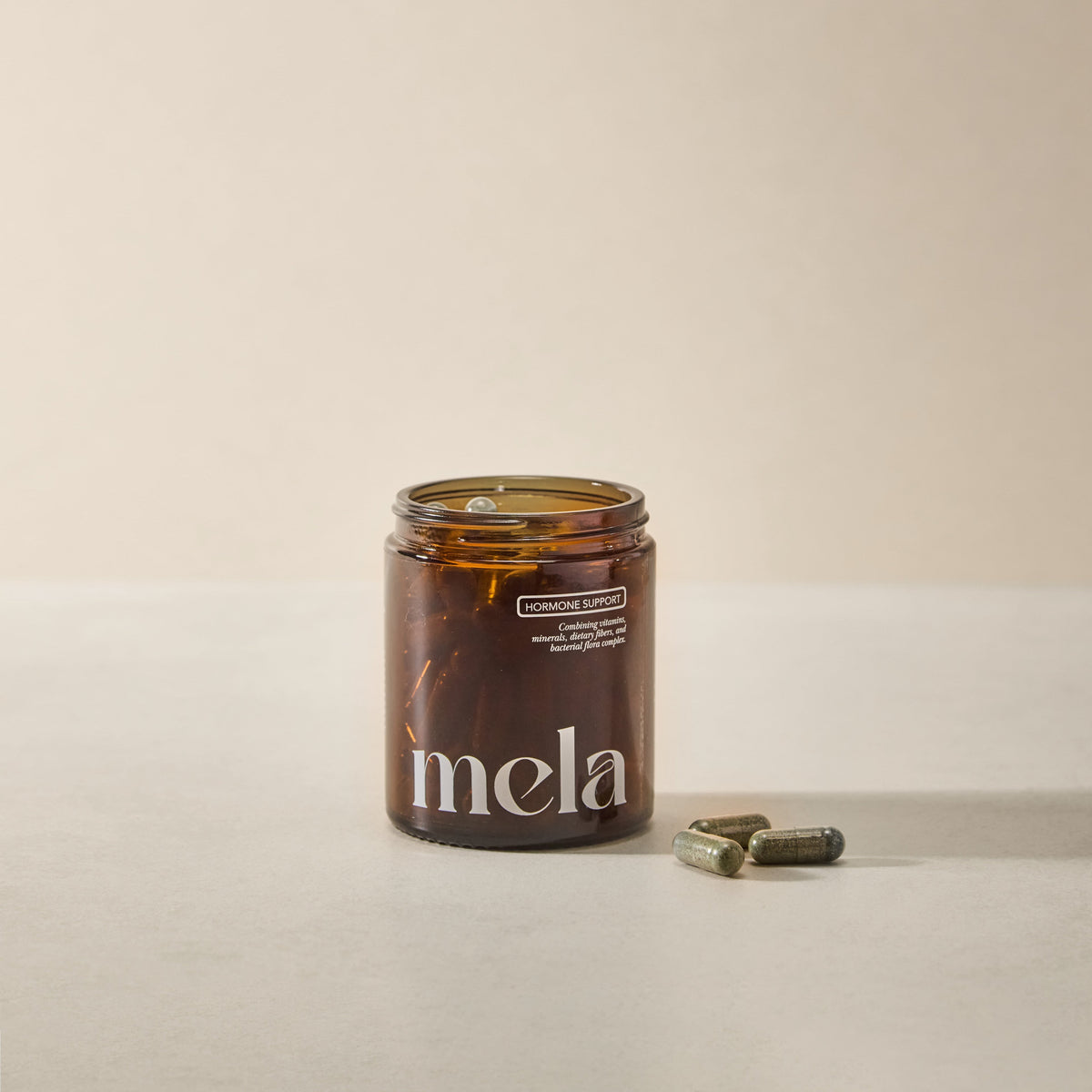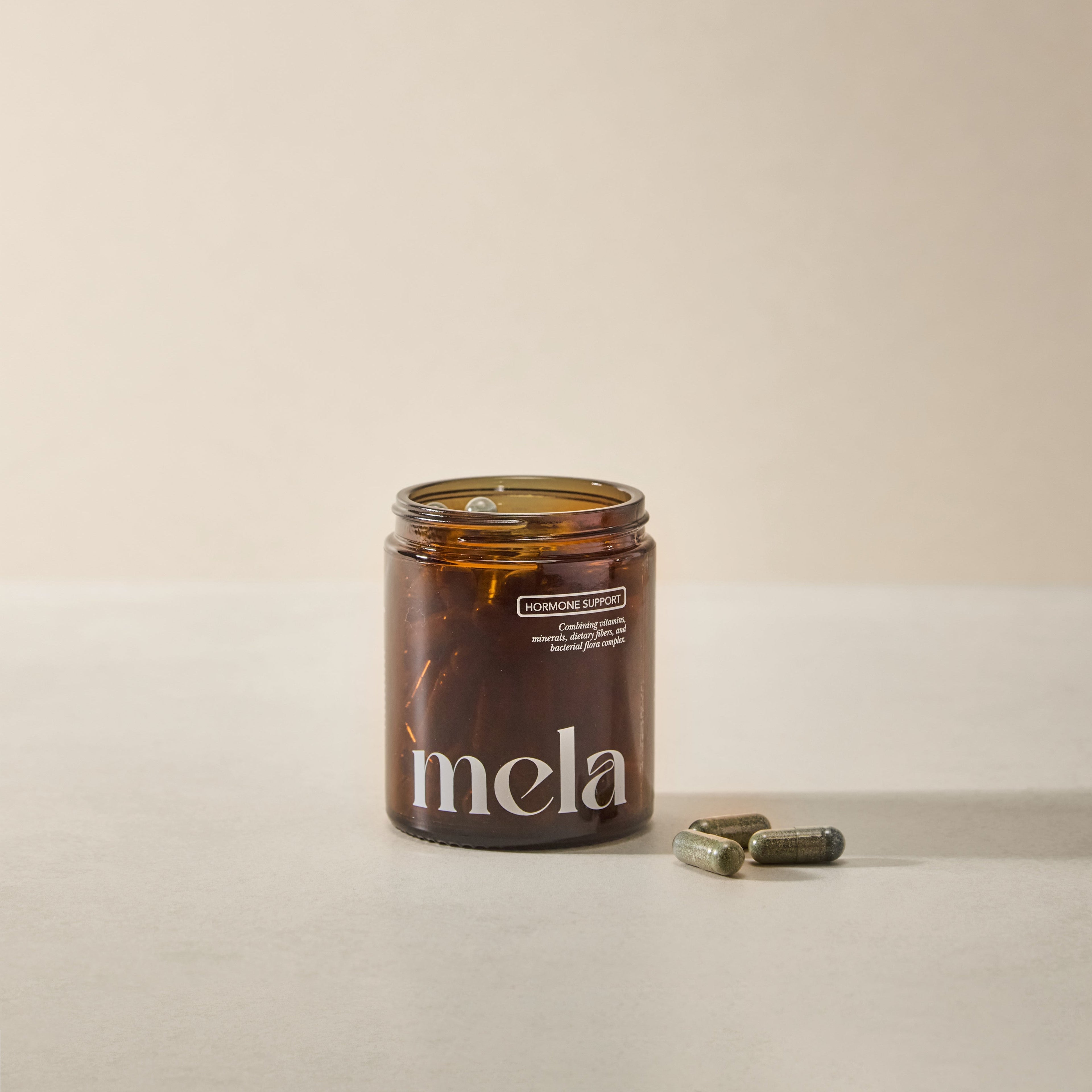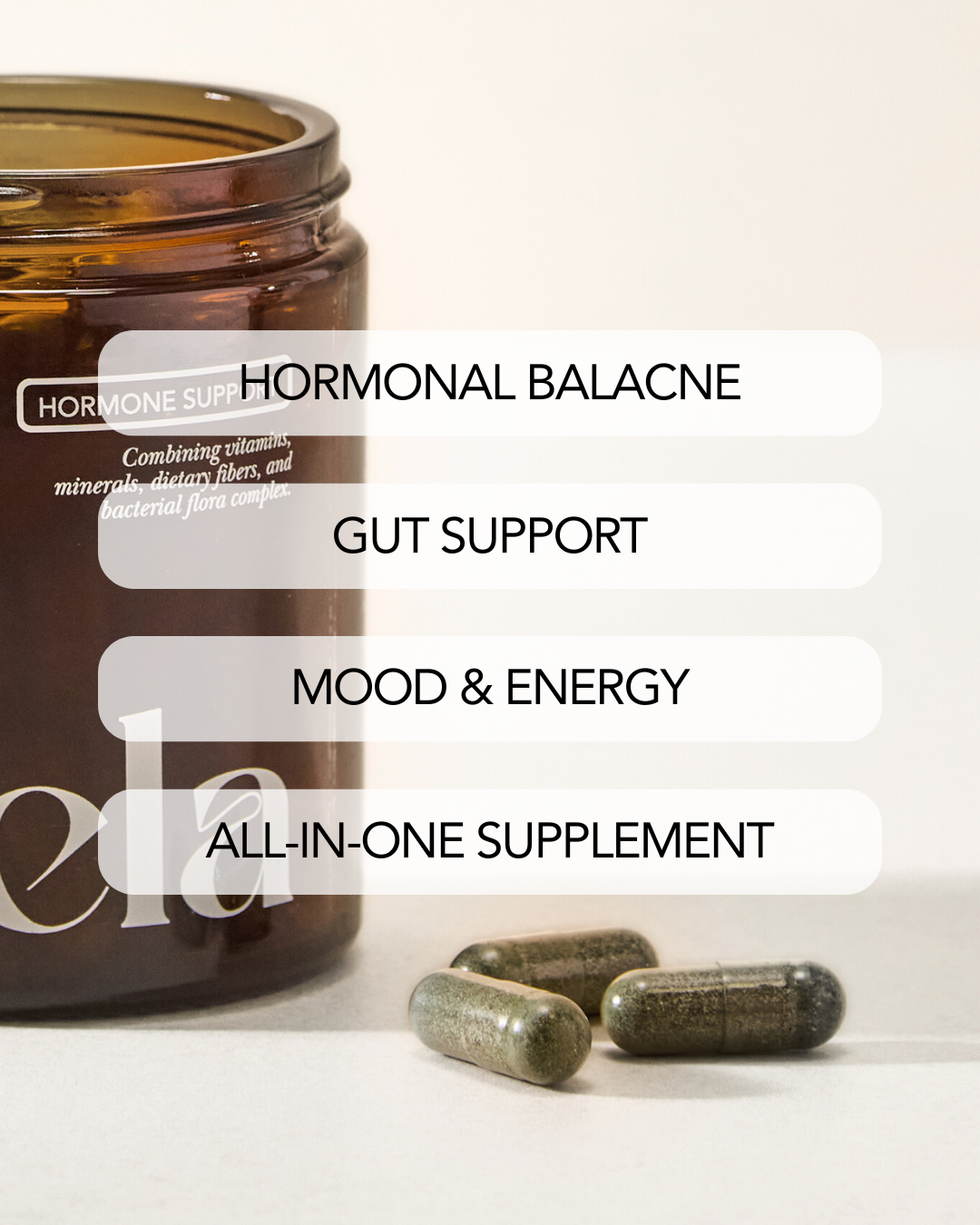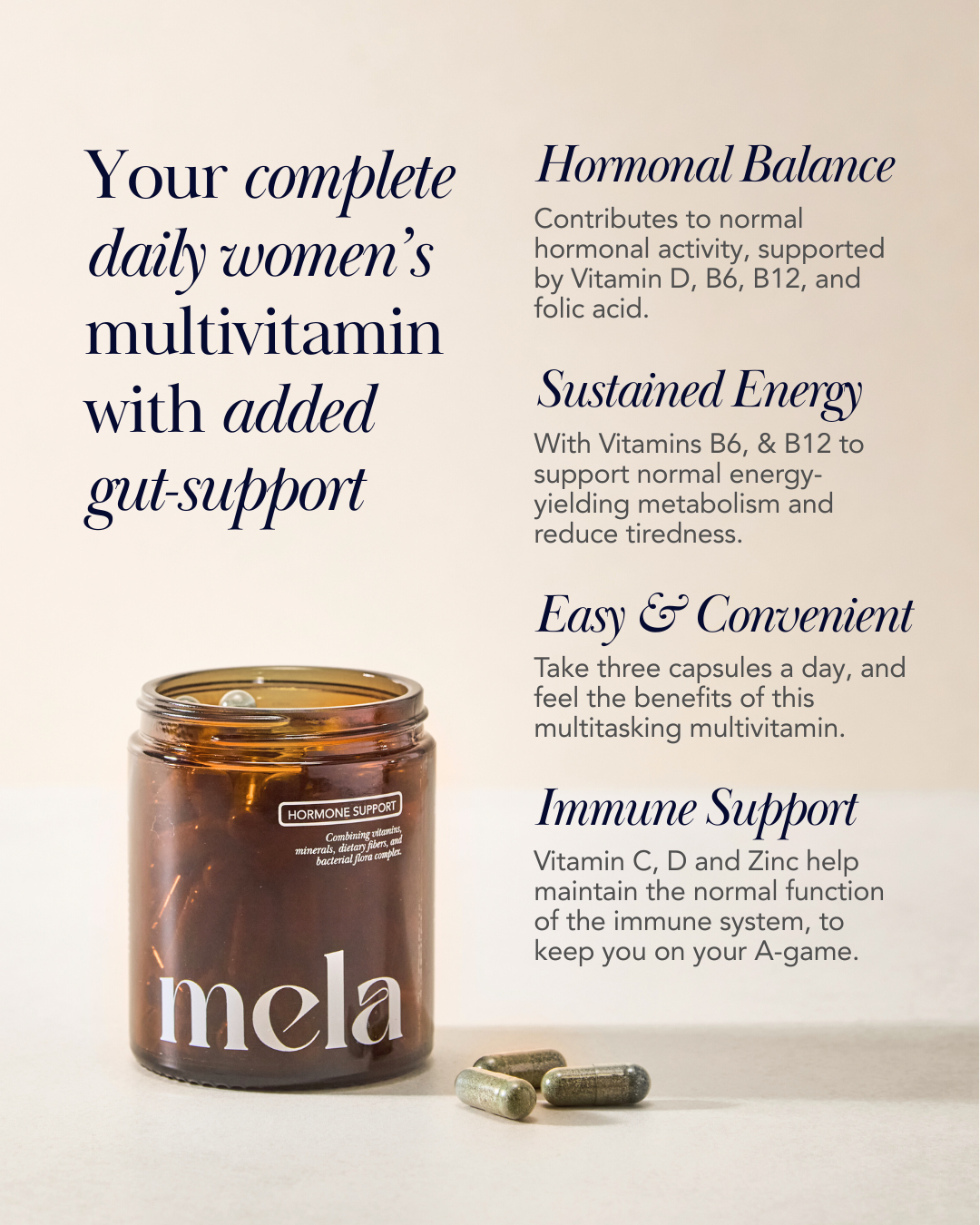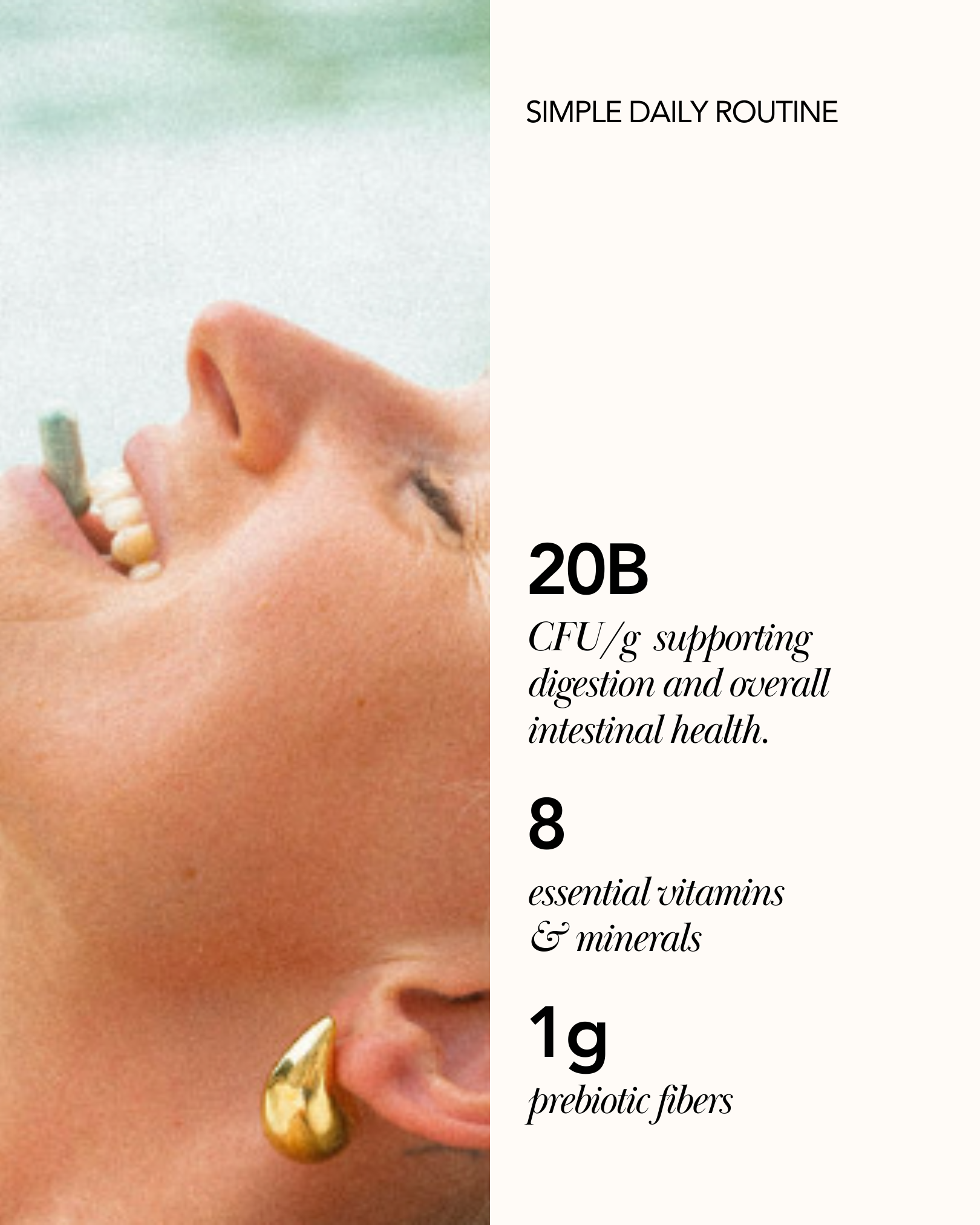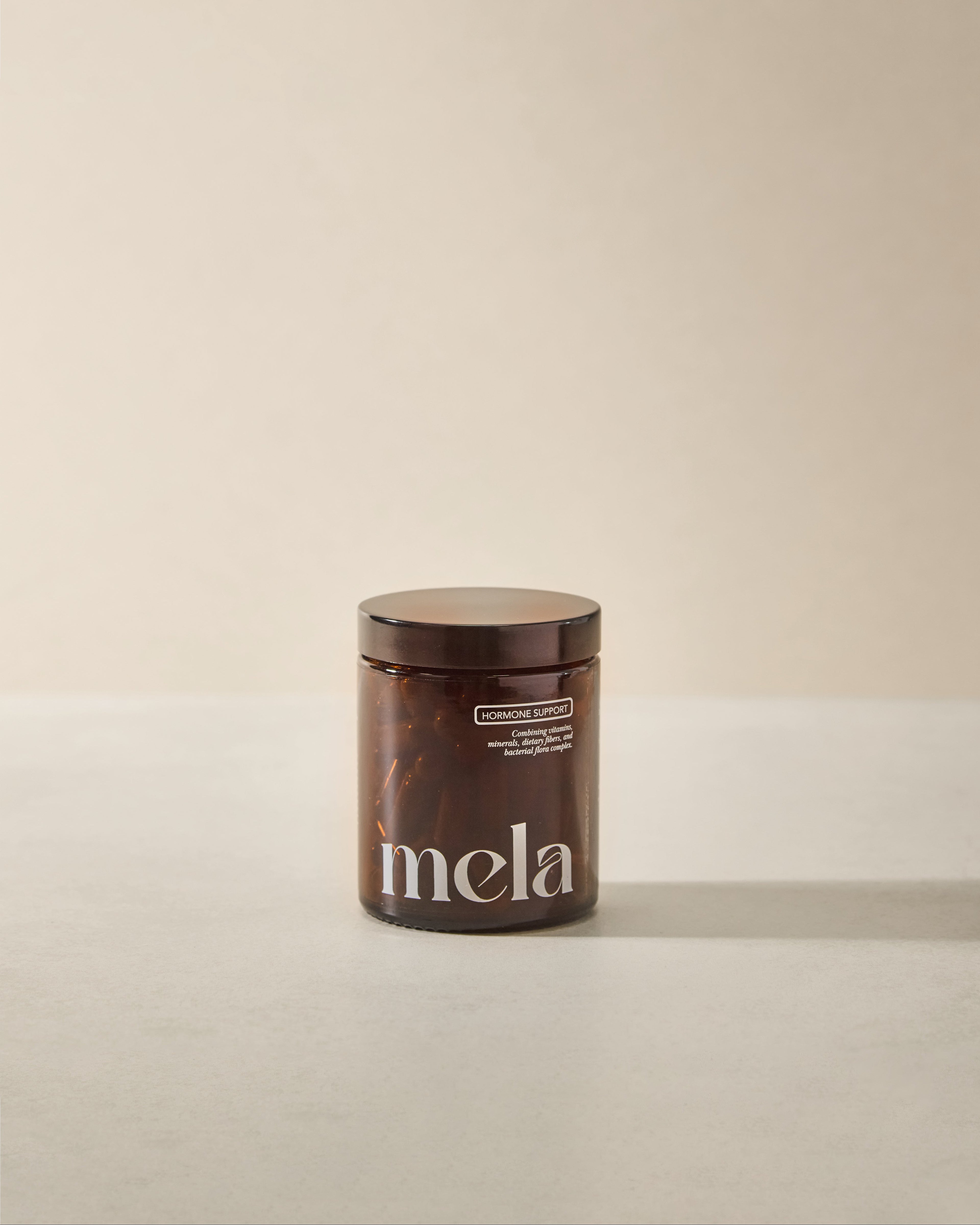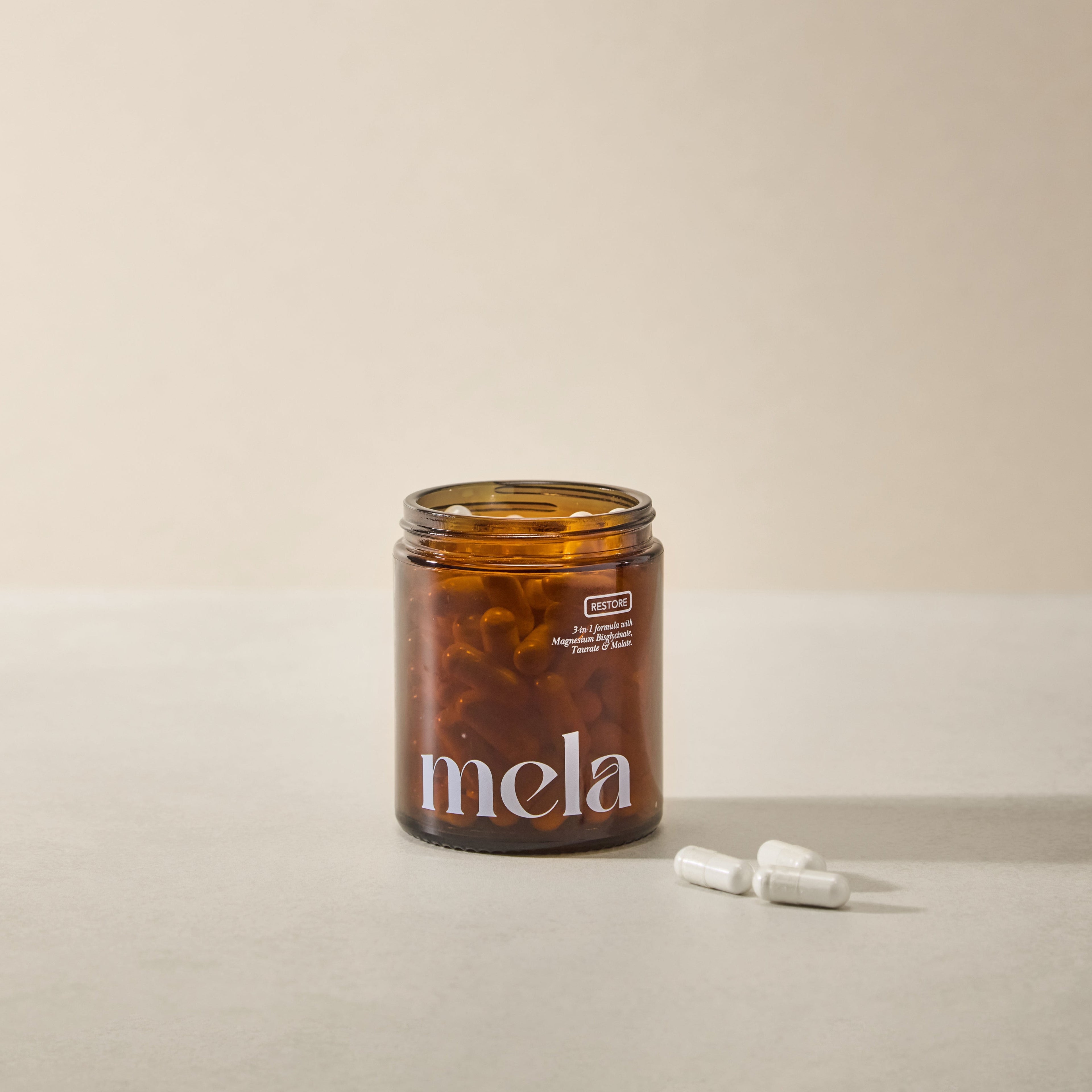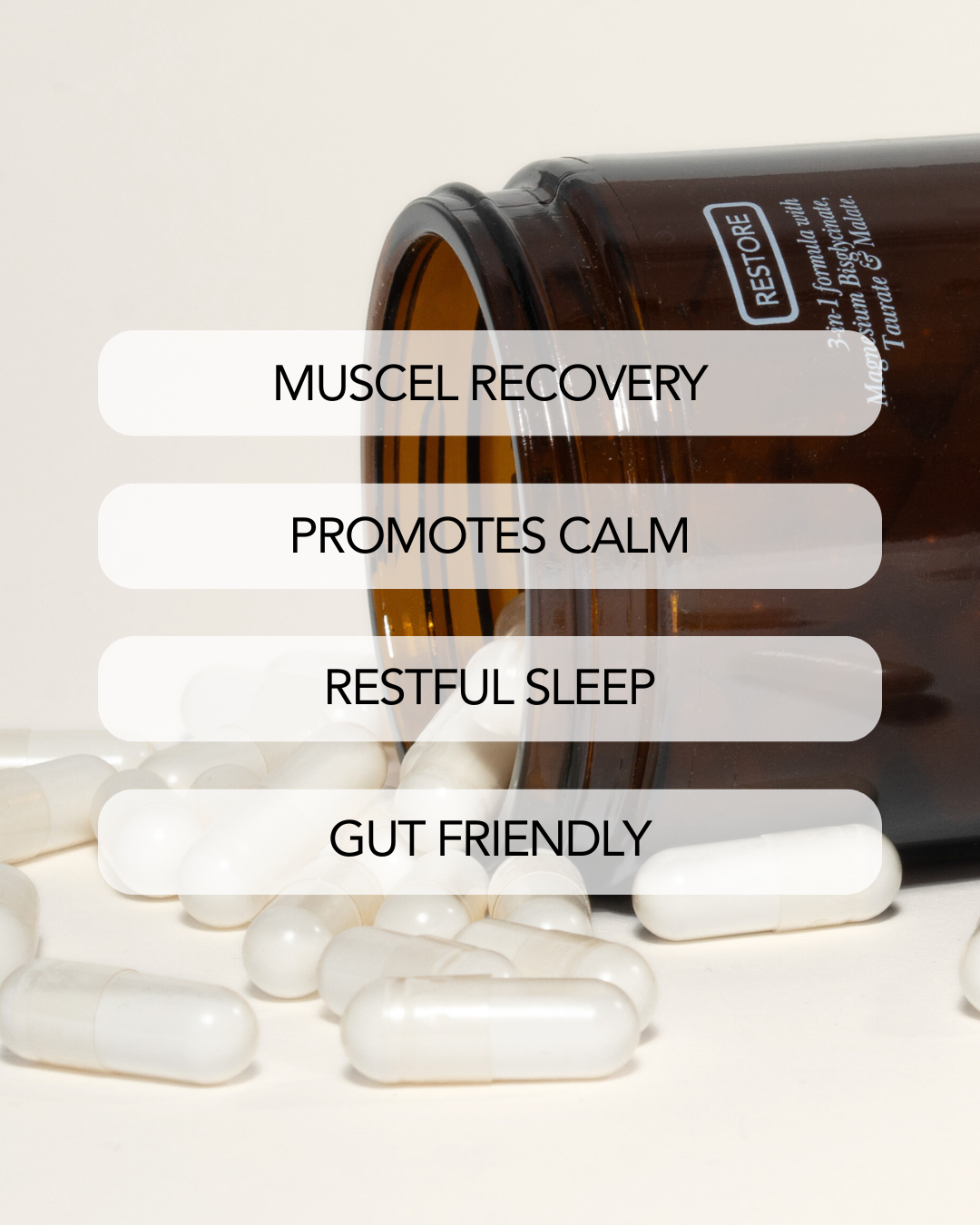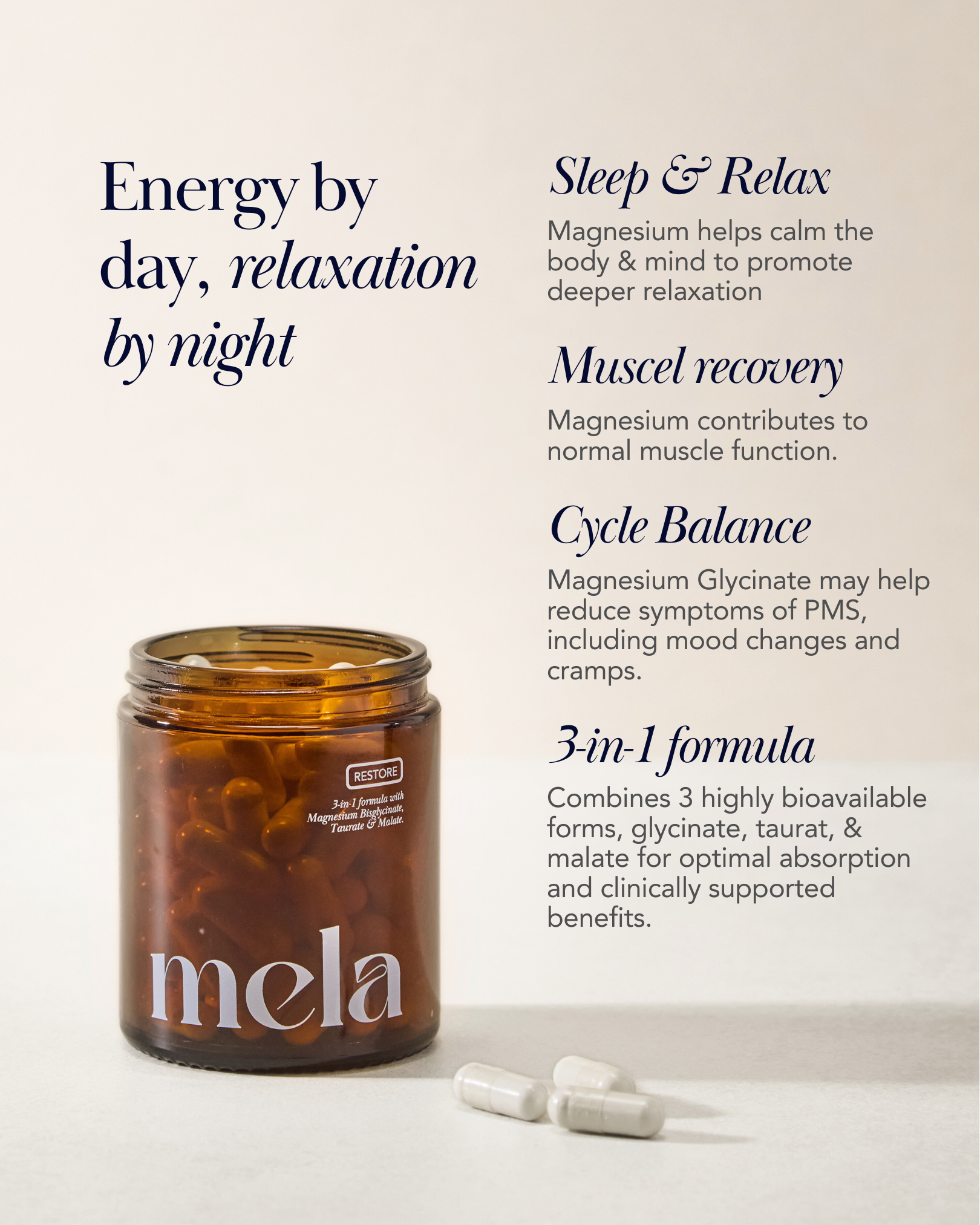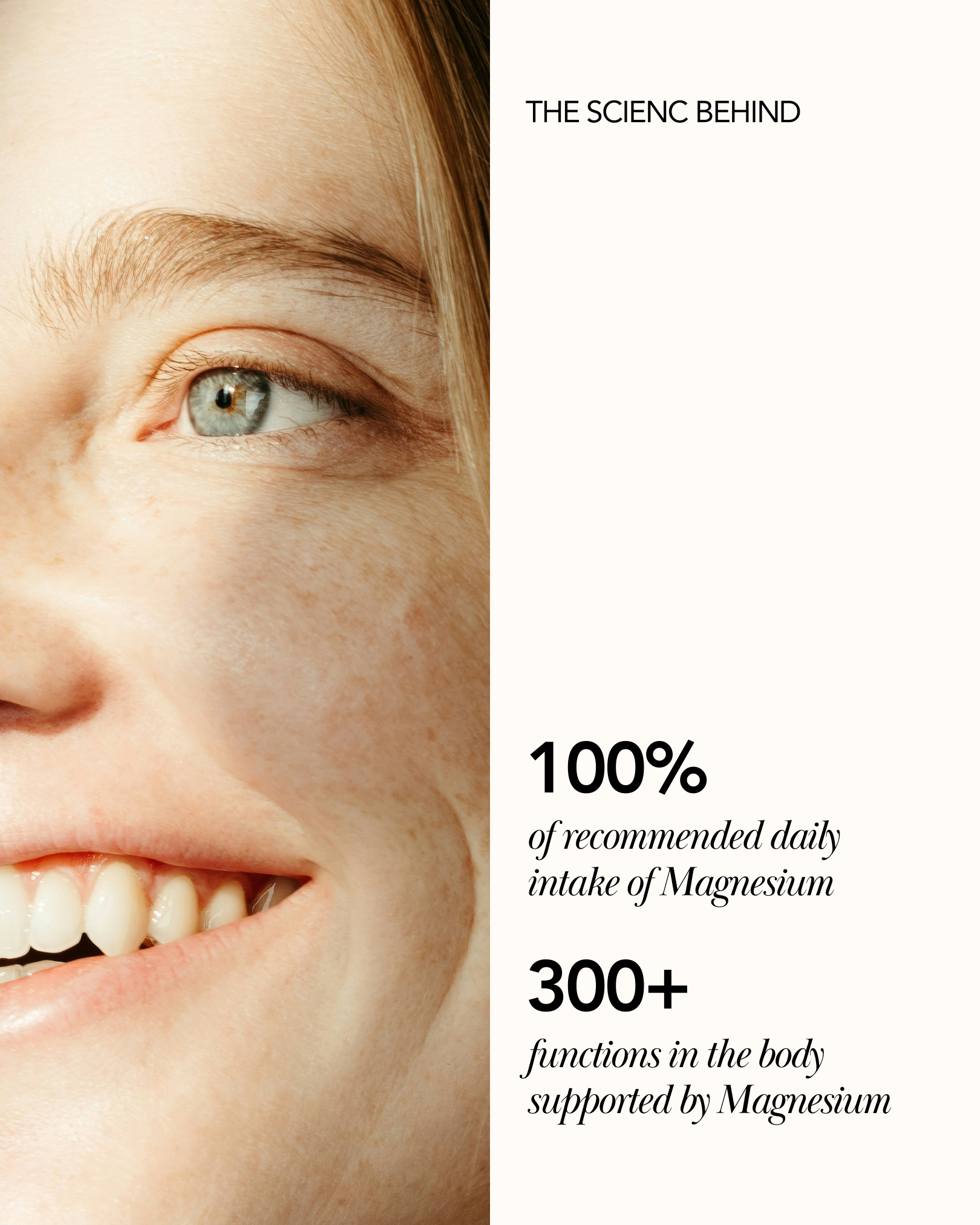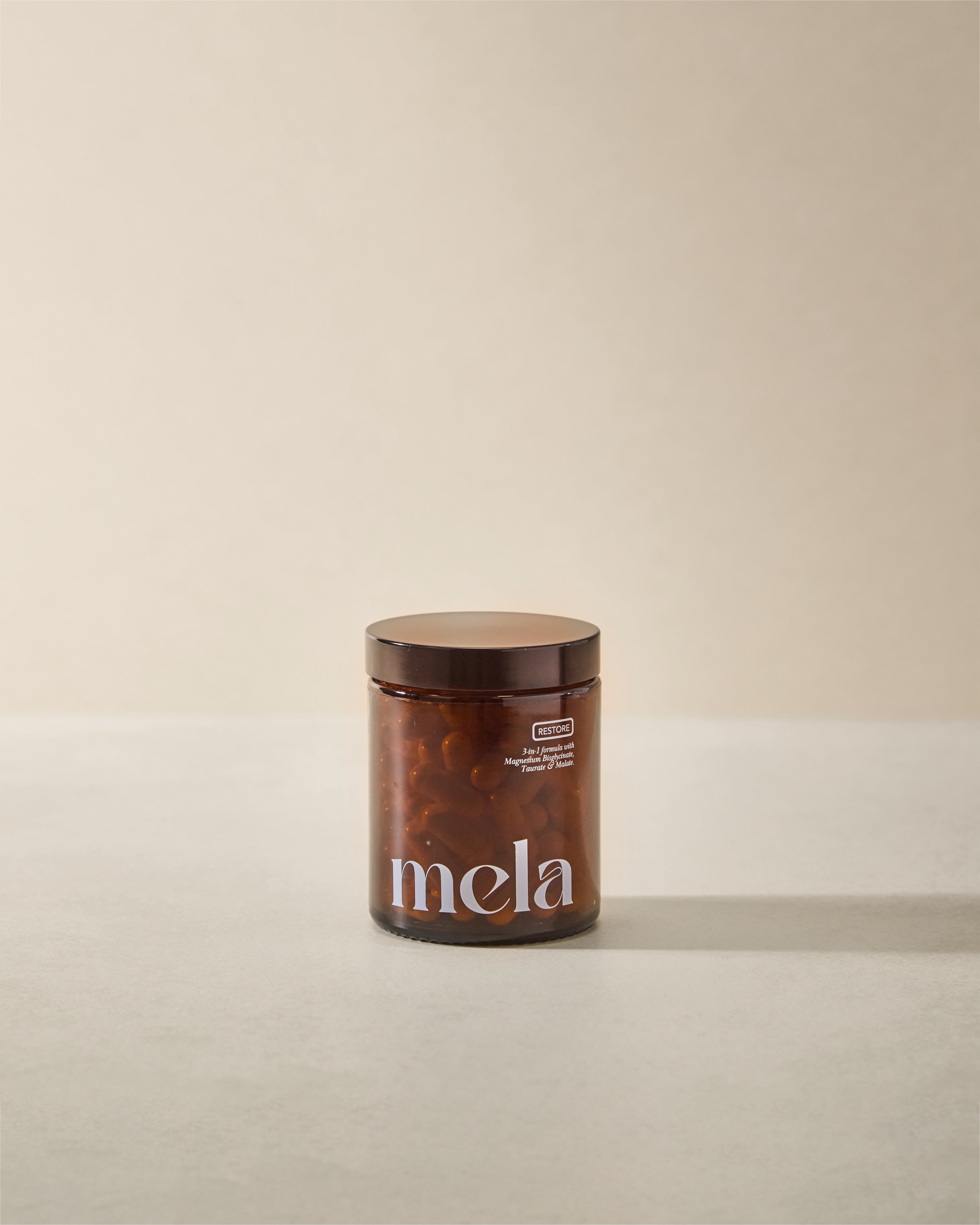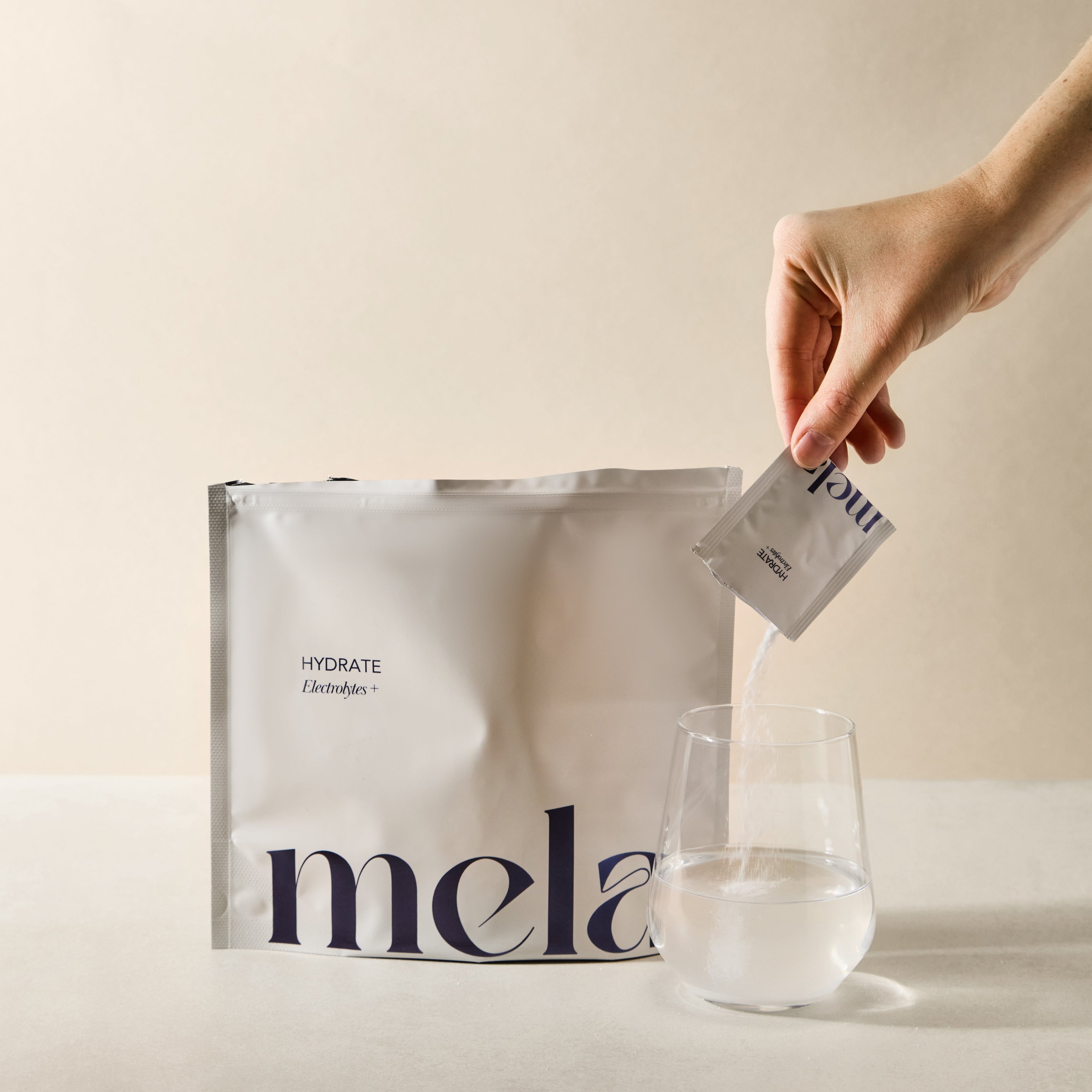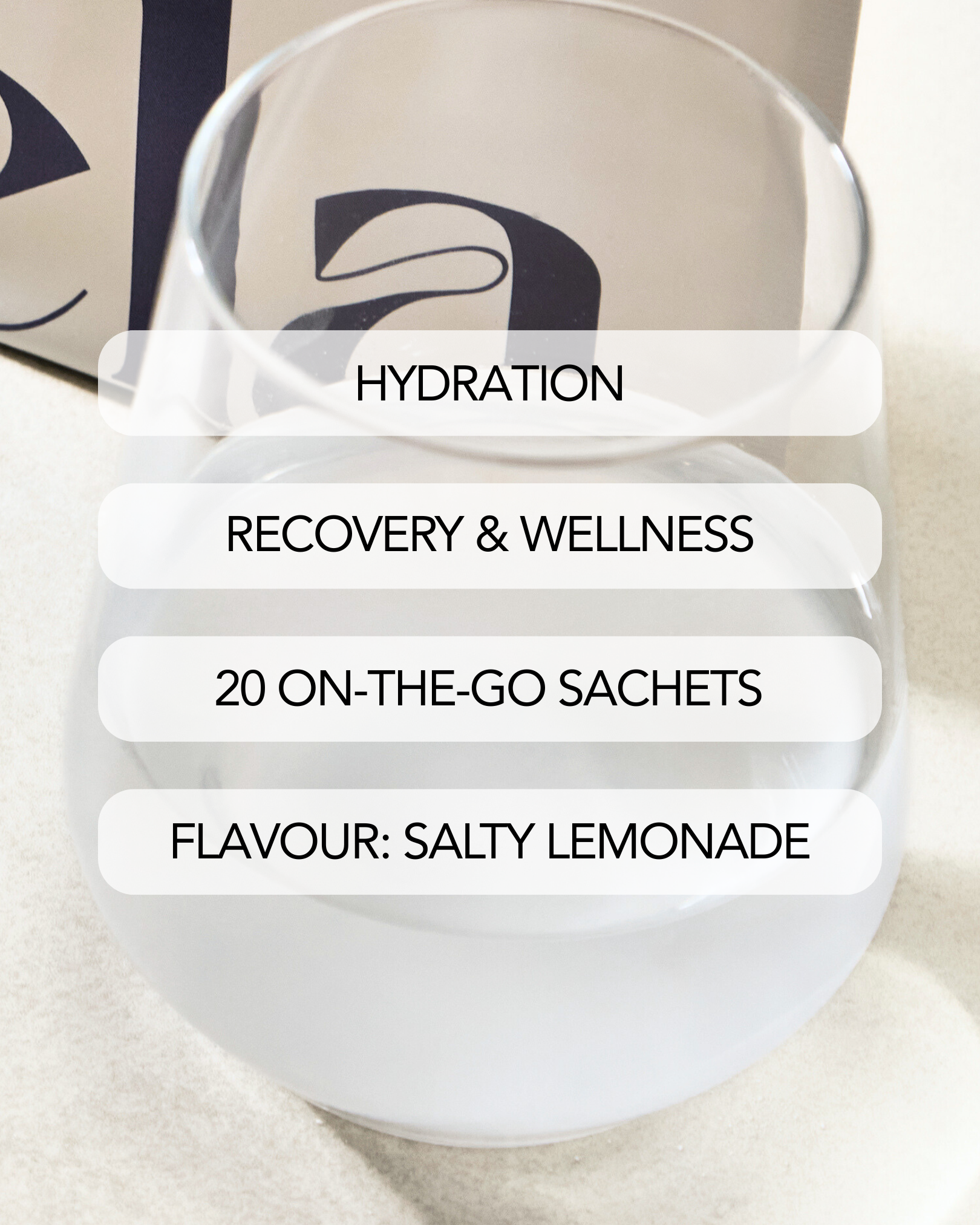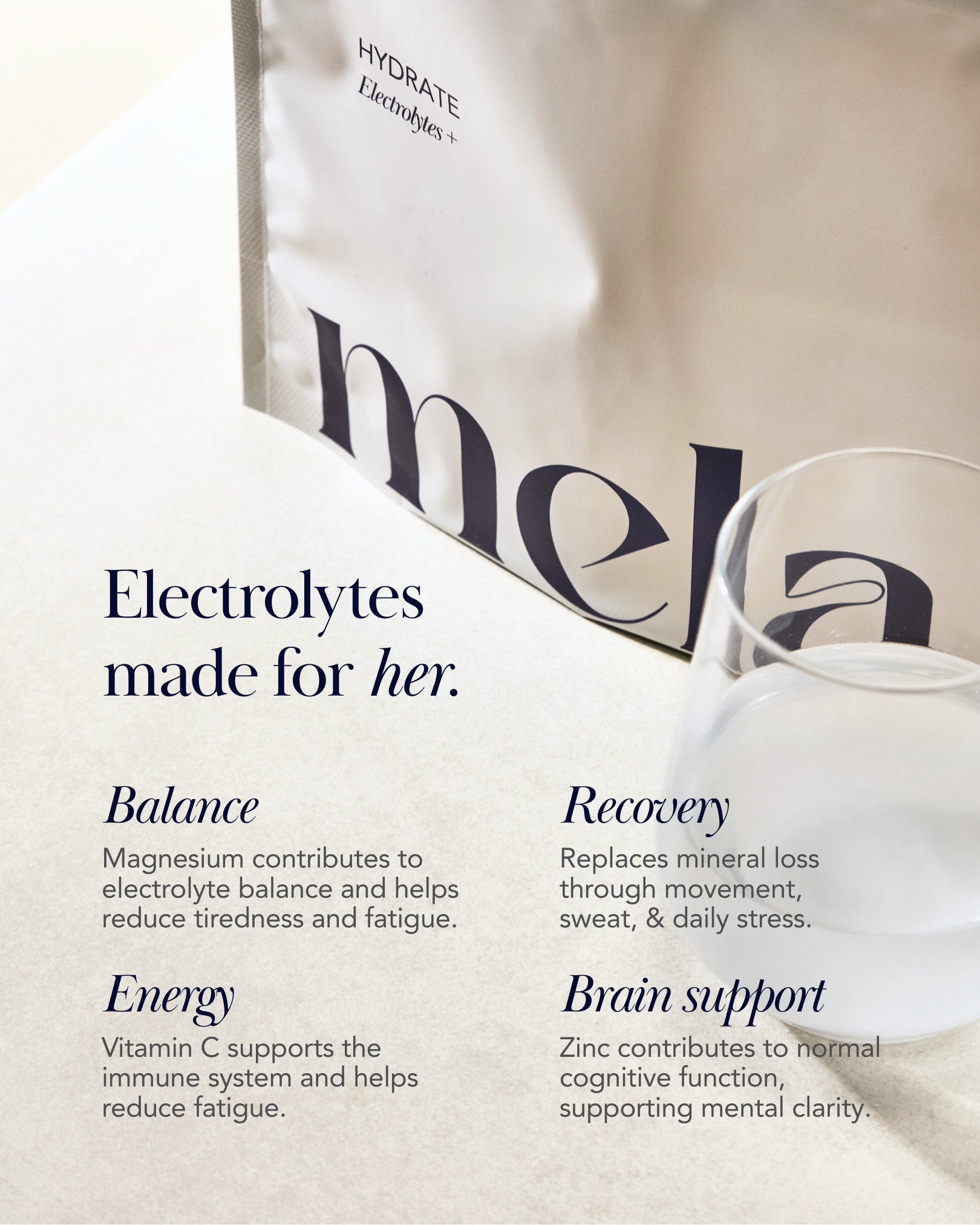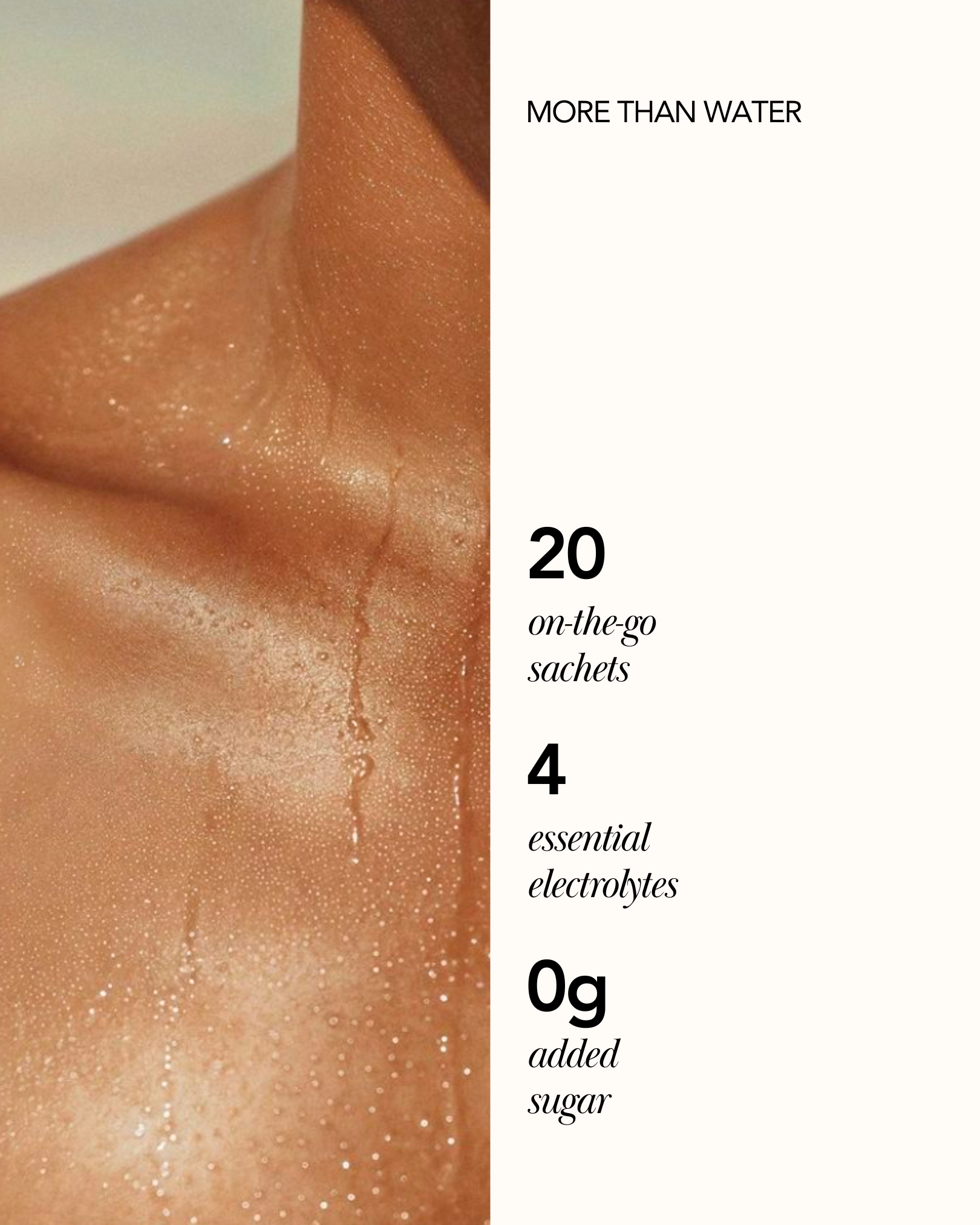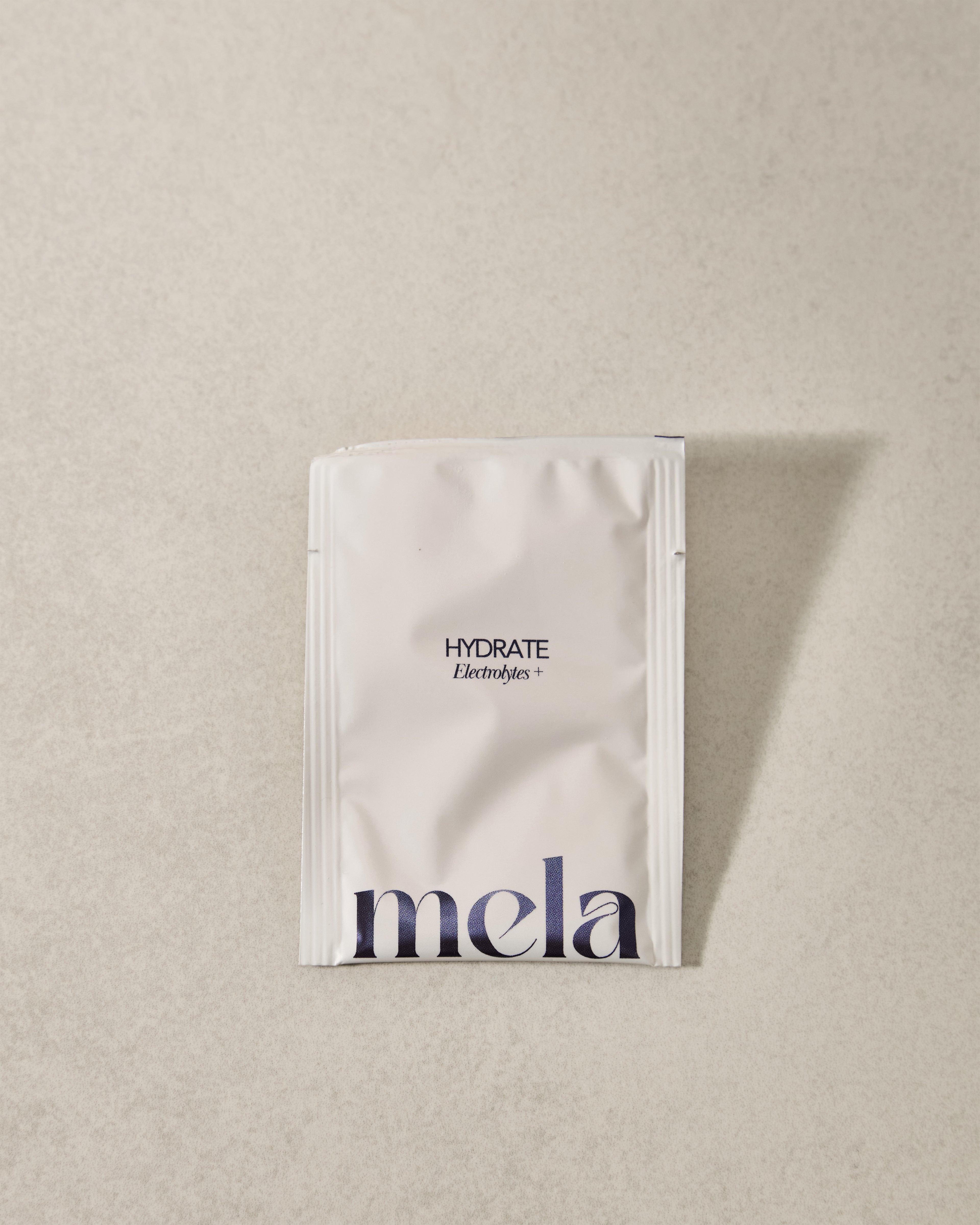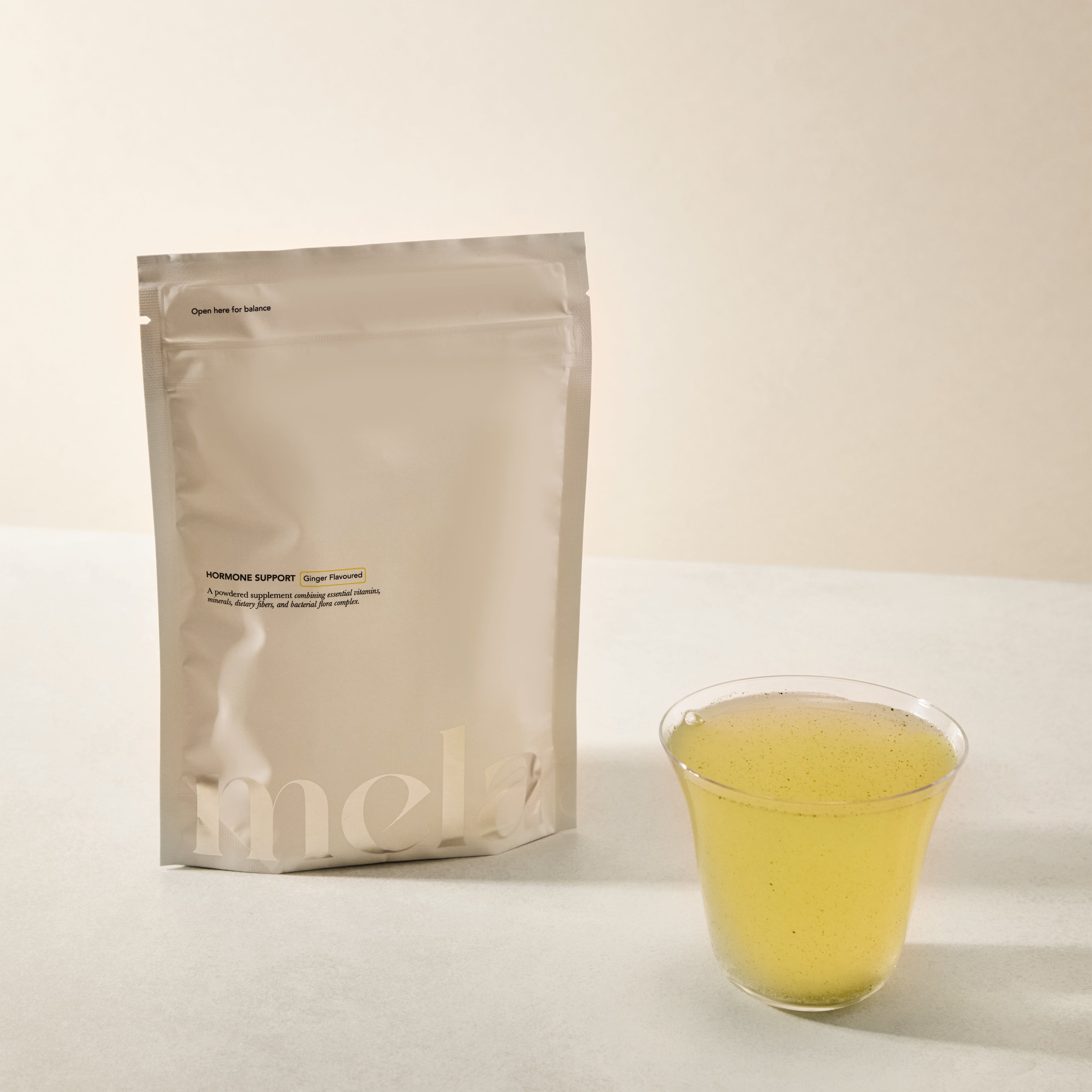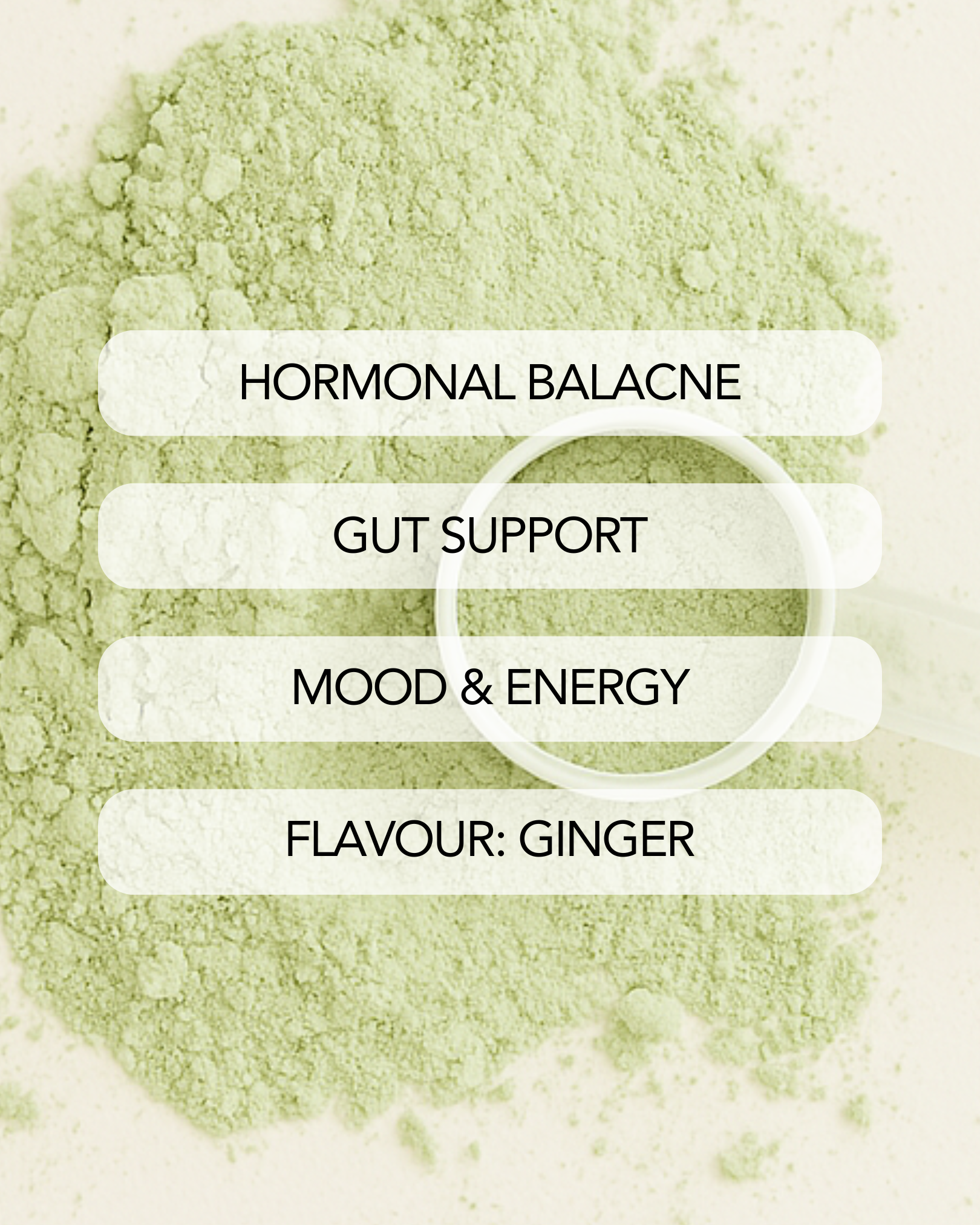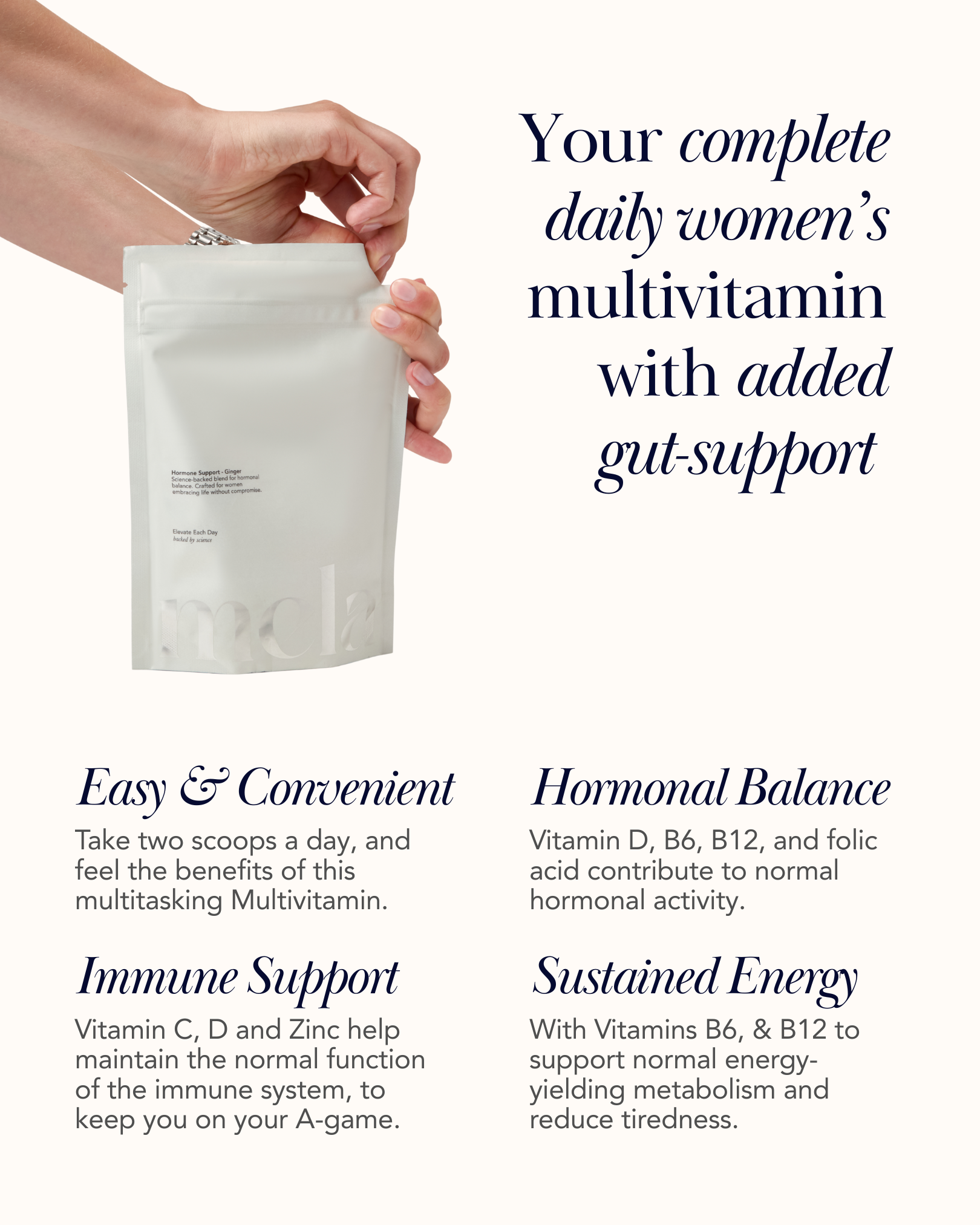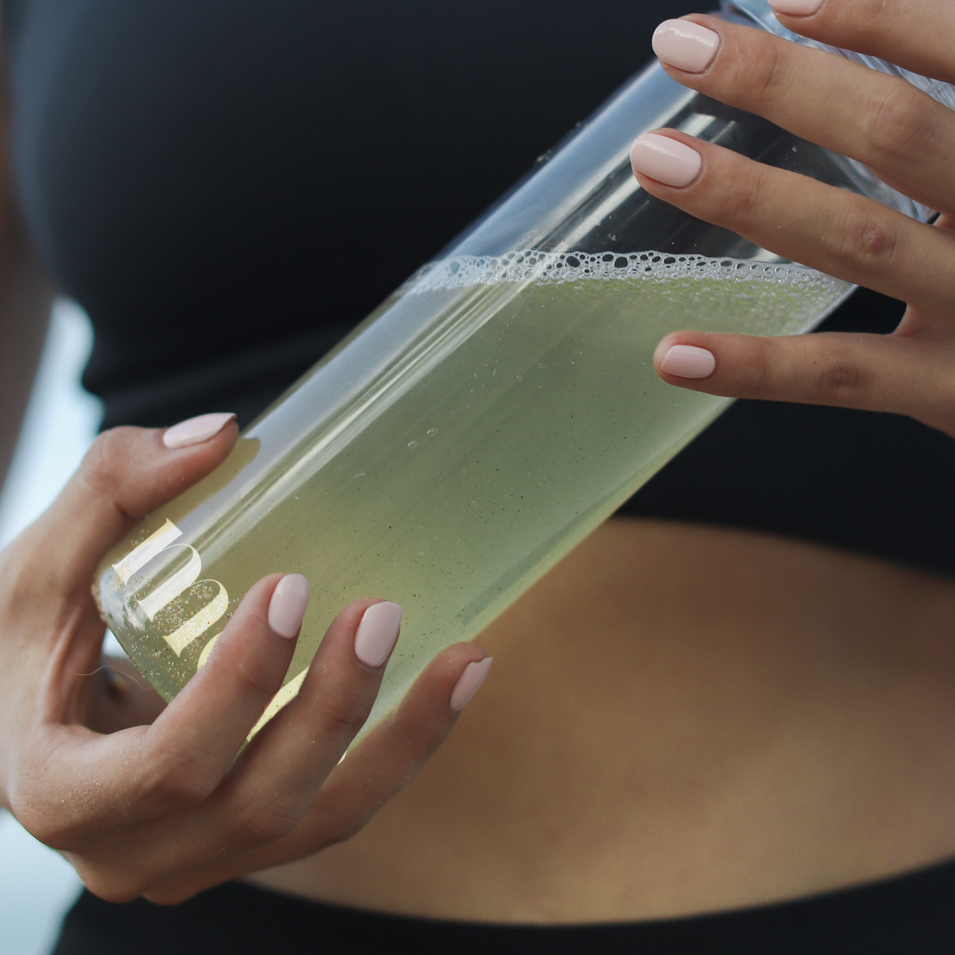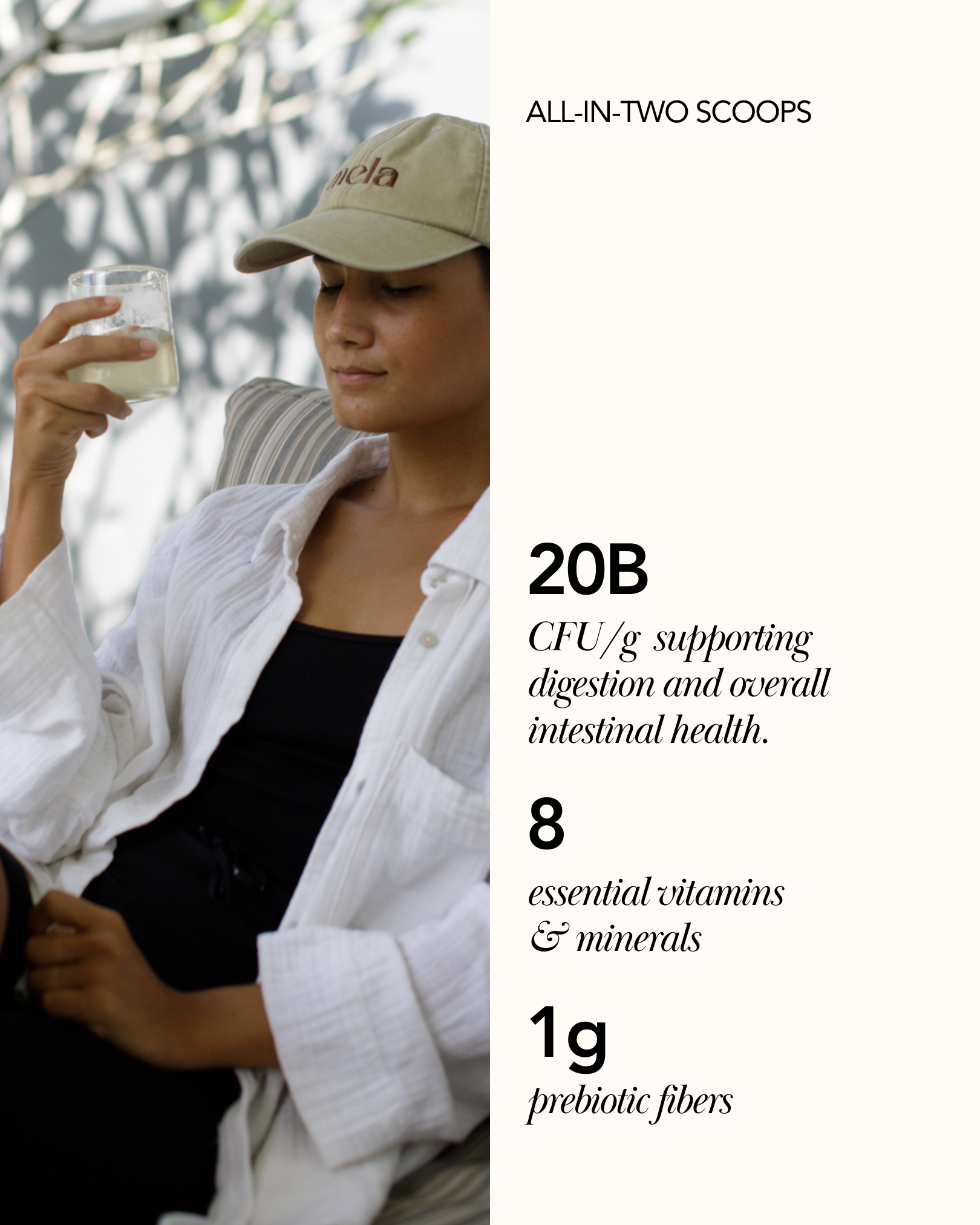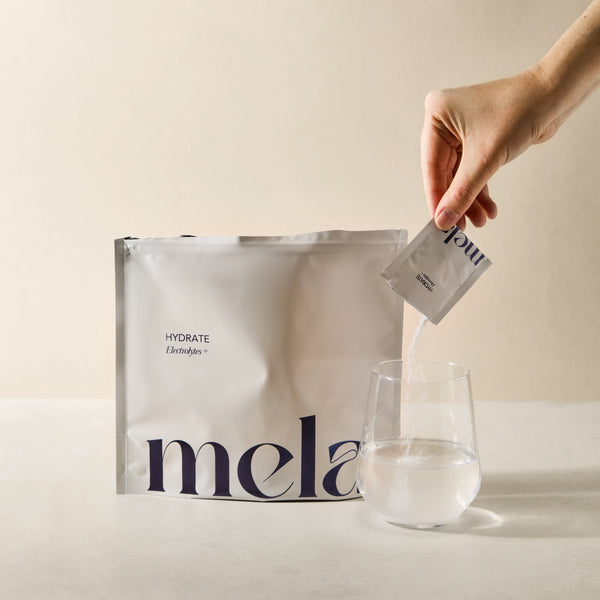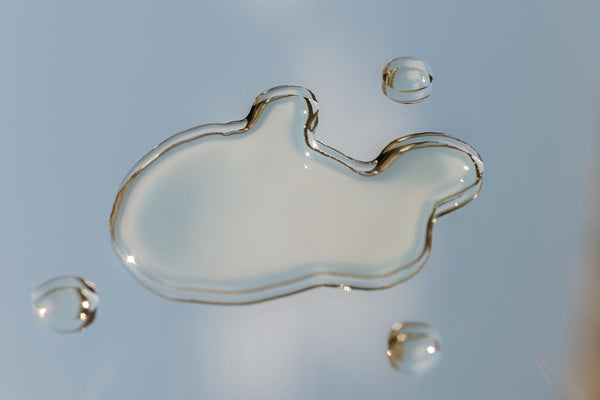Har du någon gång funderat på om vitaminer och piller kan rädda dig från PMS och menssmärtor? Du är inte ensam.
Allt fler pratar om kosttillskott som möjliga hjälpmedel för att lindra humörsvängningar, kramper och andra besvär kopplade till menstruationscykeln. Men är kosttillskott verkligen lösningen? I det här inlägget går vi igenom vad aktuell forskning säger.
En omdebatterad fråga
Diskussionen om kosttillskott vid kvinnospecifika besvär är het. På ena sidan finns kvinnor som vittnar om förbättrat välbefinnande. På andra sidan finns experter som varnar för överdrivna hälsopåståenden och bristande evidens.
Forskningen är kort sagt inte entydig. Det finns studier som visar att vissa tillskott kan ha positiv effekt på PMS och mens relaterade besvär, men det finns också mycket som återstår att undersöka. Det betyder inte att tillskotten saknar effekt – bara att vetenskapen ännu inte är helt ikapp kvinnors erfarenheter.
Kvinnors erfarenheter förtjänar att tas på allvar
Det som ofta glöms bort i debatten om kosttillskott och PMS är kvinnors egna röster. Miljontals kvinnor delar dagligen sina upplevelser av hur de med hjälp av exempelvis magnesium eller probiotika känt sig mer balanserade, piggare eller mindre påverkade av sina symtom. Dessa berättelser avfärdas ofta som "anekdoter" och väger lätt i den medicinska diskussionen. Samtidigt är det just dessa erfarenheter som driver intresset för alternativa lösningar.
För många kvinnor upplevs inte vården erbjuda tillräcklig hjälp – man får höra att PMS är något man får leva med, att mensvärken är "normal". Men normal betyder inte alltid acceptabel. I brist på stöd vänder sig därför många till kosttillskott i hopp om lindring. Det är inte konstigt, och det är heller inte ovetenskapligt att lyssna på kroppen. Tvärtom bör dessa erfarenheter få vara en del av samtalet.
Vad säger forskningen?
Viss forskning tyder på att tillskott såsom magnesium, vitamin D och zink kan bidra till att minska PMS-symtomen som irritabilitet, trötthet och smärta. Probiotika undersöks också för sin potentiella roll i att balansera det hormonella samspelet mellan tarmen och hjärnan.
Exempelvis har D-vitamin visat sig kunna minska smärta vid mens kramper i vissa studier, särskilt hos kvinnor med D-vitaminbrist (vilket kan gälla så många som 1 av 10 kvinnor).
Magnesium har kopplats till avslappning av muskulaturen och minskad produktion av prostaglandiner – ämnen som bidrar till smärta och inflammation.
Zink har i flera studier visat sig minska mensvärk och kan även påverka PMS-relaterad trötthet och huvudvärk.
Probiotika – specifika bakteriestammar – har dessutom visat potential att lindra humör symtom hos vissa kvinnor.
Det handlar dock inte om ett enskilt tillskott som passar alla. Många kvinnor kan ha underliggande brister som ökar deras känslighet för hormonella svängningar, medan andra inte har några brister alls och därför inte märker någon effekt.
Det finns alltså forskning – som bör tas på allvar. Evidensen för att kosttillskott kan vara hjälpsamma för vissa är verklig, och att ignorera detta är inte bara oansvarigt – det signalerar att kvinnors hälsa och välmående inte prioriteras.
Det komplexa samspelet
Mensrelaterade besvär är resultatet av ett komplext samspel mellan hormoner, signalsubstanser i hjärnan, stressnivåer, livsstil och genetisk sårbarhet. Kosttillskott kan fungera som ett komplement, inte som en ersättning för en hälsosam livsstil. De fungerar heller inte som akutmedicin, utan bör ses som ett långsiktigt stöd.
Men att vissa forskare och debattörer avfärdar hela fältet som "kvacksalveri" är inte bara en förlust för den vetenskapliga nyfikenheten – det är också ett slag i ansiktet på de kvinnor som varje månad försöker navigera sin vardag genom smärta, nedstämdhet och hormonkaos.
Det signalerar att deras upplevelser inte räknas, att deras försök att själva hitta lösningar inte är värda att tas på allvar.
Det råder ingen tvekan om att vården har en blind fläck när det gäller kvinnors cykliska hälsa. Bristen på både kunskap, resurser och öppenhet gör att många kvinnor hamnar i en situation där de själva måste forska, testa och utvärdera vad som fungerar.
Hade det funnits mer förståelse – och framför allt mer öppenhet – hade också forskningen varit längre kommen.
Istället blir samtalet ofta polariserat: antingen tror man på "naturliga lösningar" eller så gör man det inte. Men det måste finnas utrymme för att både respektera personliga erfarenheter och efterfråga vetenskaplig evidens. De två sakerna behöver inte utesluta varandra.
Slutsatser och råd
- JA kosttillskott kan hjälpa att lindra besvär mot PMS & Mensvärk.
- Kosttillskott är inte ett universalmedel, men de kan vara ett värdefullt stöd för vissa kvinnor.
- Den tydligaste effekten ses ofta hos personer som har en faktisk brist på essensiella vitaminer eller mineraler.
- Det finns forskning som visar på positiv effekt – att bortse från detta är inte vetenskaplig stringens, utan snarare ett uttryck för ignorans.
- Kvinnors erfarenheter behöver tas på allvar, inte nedvärderas som icke-relevanta.
- Mer öppenhet inom vården och mer forskning på kvinnors hormonella hälsa är avgörande för att förstå vilka lösningar som faktiskt fungerar.
Referenser finns tillgängliga vid förfrågan.
